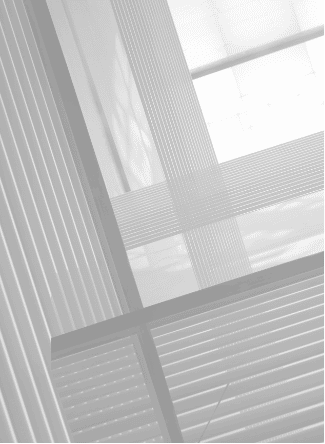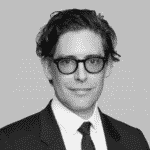One of the most often asked questions when visiting with a prospective patient is, “how long will it take to recover from my facelift?” The length of recovery can be a source of apprehension and fear. This fear often drives people to seek non-invasive treatments as an alternative. Though non-invasive treatments have their place, it has to be clearly understood what the expectations of those treatments are. There simply is no laser or filler that will give you the same youthful result that a well-performed surgical facelift can offer. Therefore, I feel compelled to post about the topic to dispel some of the fear.
Pain: All patients ask me if it will hurt. The answer is: rarely ever. I have occasional patients report to me that their neck feels somewhat tight. This makes sense since we tighten the muscles around the neck. However, I’ve yet to have a patient tell me that they had significant pain after surgery.
Anesthesia: There is often fear of being put under anesthesia and going to “sleep”. Anesthesiologists and the art and practice of anesthesiology have made great strides in the last two decades in terms of patient safety. From patient selection, to their methods and monitoring, anesthesia has become incredibly safe over the last two decades through data driven scientific rigor. I usually make an analogy to flying. It is usually safer to either have anesthesia, or fly somewhere on an airplane, than it was to drive to your appointment. We are also trending towards performing more and more of our surgery under a deep sedation administered by an anesthesiologist, than having a patient be fully “asleep”. This allows our patients to feel better and recover more quickly.
Time Off: I tell people to take two weeks after a facelift, or one week after eyelids. Some people need a little less time. However, to be on the safe side, this is a realistic number. The two weeks usually provides enough time for most of the bruising to dissipate, so that makeup will hide any traces of surgery. Often, some slight swelling will still be present, but it’s usually not significant enough that others notice. Most of my patients are comfortable enough to be out in public after one week with the help of cover-up makeup, but keep in mind that everyone heals at their own pace. We don’t want patients to feel pressure to “recover” faster than their body allows.
For further information or to request an appointment, please contact our San Francisco office +1.415.624.3922.
Dr. Deschamps-Braly is a board-certified plastic and craniofacial surgeon specializing in facial plastic surgery, orthognathic (jaw) surgery, and craniofacial surgery for adults and children. He is also one of the world’s foremost leaders and innovators in facial gender confirmation surgery.



